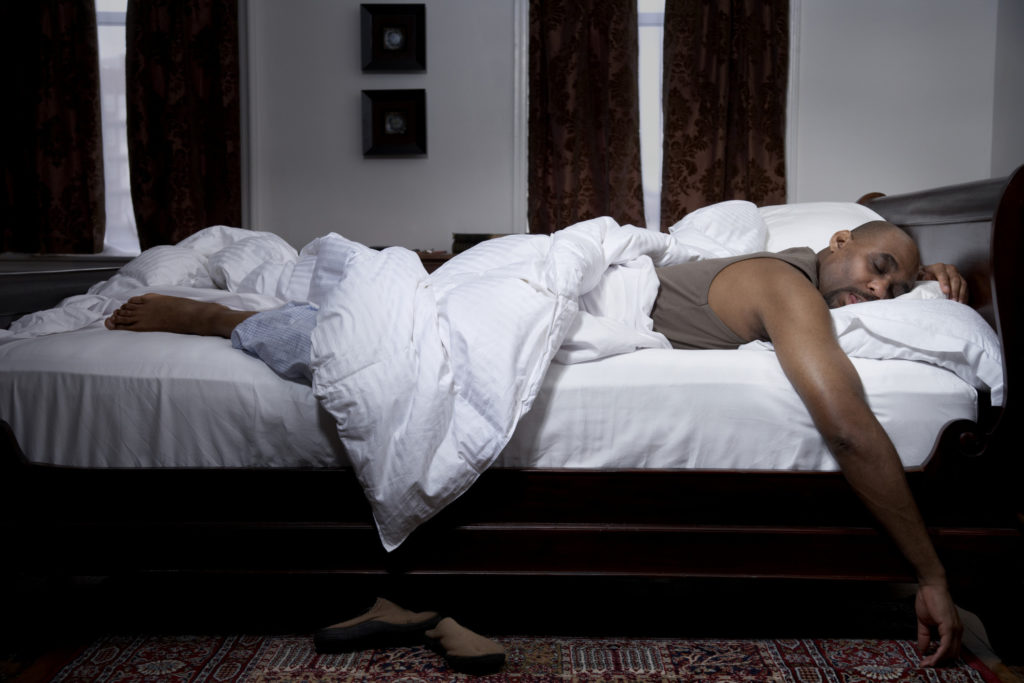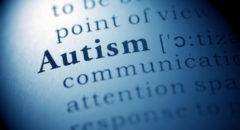
Deep sleep is essential to optimal brain health.
I often hear people bragging about only getting 4 or 5 hours of sleep as if it were a badge of honor.
The reality is, people who get less than 7 – 8 hours of sleep are doing themselves a disservice. Sleep is right up there with food and water of the things critical to our survival.
A lack of quality sleep affects your productivity as well as your health. Skimping on sleep can also influence your mood, appetite, and your sex drive! Without adequate sleep, you will have a difficult time performing complex tasks or lose the ability to think clearly.
A third of our lives are spent sleeping. When we put our heads on our pillows that’s when the brain kicks into high gear and goes to work. The brain is almost as active when we sleep as it is when we’re awake. Neurons begin to fire and the process begins.
Deep Sleep Happens in Stages
While we sleep our brains go through stages.
The first is slow-wave sleep (SWS). In this stage, we are in deep sleep. This is where we do most of our sleeping.
According to scientists, our muscles are relaxed, we experience slow, deep breathing and slow, large brain waves as well as lose consciousness.
The next stage is rapid eye movement (REM). During REM sleep our brains become extremely active.
This is where we dream.

In this dream state, our bodies are paralyzed, our heart rate and breathing are erratic. We are in this stage before we awake.
Scientists observed that neurons are in sync and turn off and on, and this is the only time this happens.
Now the brain needs less oxygen and less blood flow. At this point, the cerebrospinal fluid, clear fluid surrounding the brain, begins to flow in and out like a wave at high tide on the beach. This washing in and out clears the brain of toxins like beta amyloids that naturally collect in the brain and can lead to Alzheimer’s and other diseases.
So, if not enough sleep occurs, you’re leaving poison in the brain.
If the brain is not allowed to do its required maintenance because of the lack of sleep, there can be consequences in the future.
You may think that taking a nap will help you catch up on the sleep you lost. Not at all! A nap may be good to temporarily energize you, but nothing takes the place of the lengthy process your brain goes through during 7 – 8 hours of good, uninterrupted sleep!
Reenergize Your Body with Deep Sleep
The bottom line, the proper amount of sleep will reenergize the body’s cells, clear waste from our brain, and assist in our ability to learn and keep our memories.
If you are working from home these days, start practicing getting your 7 – 8 hours, and hopefully, once you return to work you will be in the habit of sleeping longer.
Make sleep a priority!








